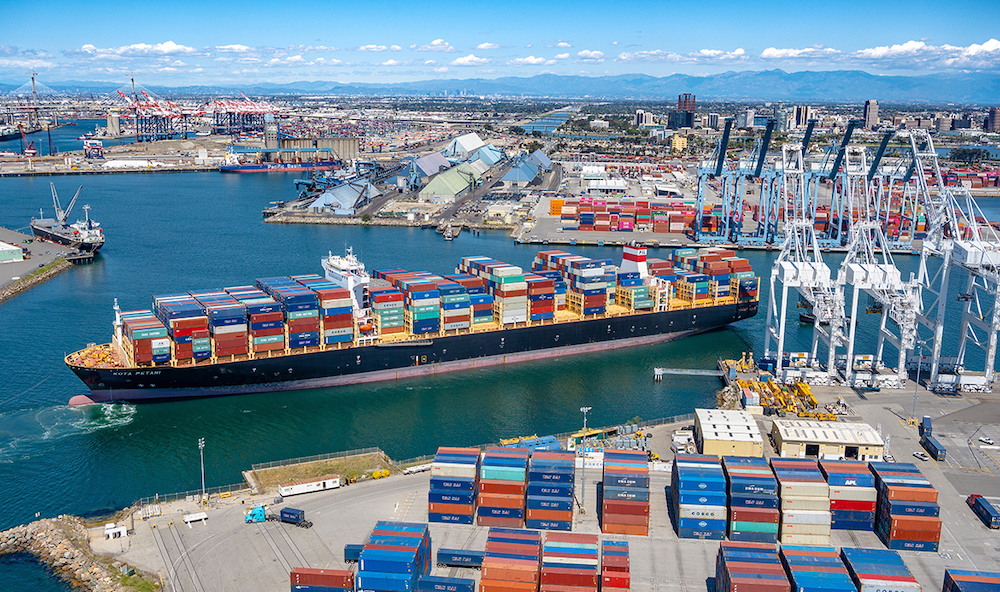Copyright scmp

China’s resumption of US soybean purchases tells American farmers that their key Chinese customers are returning, but analysts still expect the trade of agricultural products to become a regular part of ongoing negotiations between the countries in the coming years. US President Donald Trump said aboard Air Force One that “tremendous amounts of the soybeans and other farm products are going to be purchased immediately”, after a meeting with President Xi Jinping in South Korea on Thursday morning. The soybean deal is one of a slew of agreements reached following their first in-person meeting since Trump’s return to the White House in January. Other announcements include bilateral agreements on reducing fentanyl tariffs to 10 per cent; China’s commitment to not impose rare earth controls, based on a one-year agreement; discussions with Nvidia on chip exports to China; the postponement of a US Section 301 investigation; and a visit by Trump to China in April. “I was extremely honored by the fact that President Xi authorized China to begin the purchase of massive amounts of Soybeans, Sorghum, and other Farm products. Our Farmers will be very happy!” Trump said in a social media post. China already started buying some US soybeans from this harvest season, ahead of the meeting on Thursday, according to Scott Gaffner, a board member with the Illinois Soybean Association. The shipments mark China’s first purchases from the US’ autumn harvest. US farmers – many of whom voted for Trump – had been urging their president to adopt a conciliatory approach, rather than a confrontational one, if a lasting soybean deal could be reached with Xi. “US farmers absolutely want to keep the China market – it’s an important customer and there [are] a lot of relationships that have been built over the years,” said Cameron Johnson, a senior partner at Shanghai-based Tidal Wave Solutions, adding that the soybean trade is also a key aspect of US agriculture’s broader relationship with China. Instead of a lasting soybean deal, Johnson also pointed out that the US president “did discuss that this would be a yearly review and negotiation”. “So, I would expect that agricultural products – soybeans, pork, these kinds of things – will be part of negotiations every year moving forward to ensure that the Chinese buy it,” he noted, so that farmers and other agricultural companies can have an idea of what they will be able to sell every year. US farmers have been voicing concerns to the government about maintaining Chinese orders since the fall harvest season began. Meanwhile, many have insurance protection against possible losses. But Johnson explained that insurance “isn’t really that big of a deal” at the moment, because US farmers prefer that their products be bought. “Soybean prices are already fairly low. It’s better to sell them off and get the money than try to rely on insurance to resolve that,” he explained. “The other thing is that American soybeans – at least this year – are cheaper than Brazilian and Argentinian soybeans, so it does give other Chinese buyers a bit more room where they can buy a bit more and stretch further their purchases.” From China’s side, firm actions on fentanyl, the pause of the rare earth controls, and the resumption of soybean purchases will be important Lynn Song, ING Bank Regarding China’s resumption of soybean purchases, the US Soybean Export Council, replying to the Post’s inquiry, said it “does not track individual soybean purchases”, and the lobby group declined to immediately comment on China’s resumption of soybean purchases. China imported no soybeans from the United States in September, the latest Chinese customs data showed, while there was a notable surge from Argentina during a brief suspension of export taxes. The absence of soybeans from the US – historically a leading, if not the top, supplier of soybeans to China – came amid fears among American farmers of substantial losses as they were failing to secure orders from China during this season’s harvest. Lynn Song, chief economist for Greater China at ING Bank, said that there was no clear reason the de-escalations would not hold, but that both sides “must take a conscious effort” in the coming months. “From China’s side, firm actions on fentanyl, the pause of the rare earth controls, and the resumption of soybean purchases will be important,” he added. “On the US side, refraining from new escalations such as tariffs or sanctions on Chinese companies in this period will also be important.” Sean Stein, president of the US-China Business Council, showed optimism in a brief statement issued on Wednesday and said that a deal yielding immediate benefits to American farmers, workers and businesses would “serve as a foundation to an even bigger deal in the future when both leaders exchange visits”. Additional reporting by Ji Siqi and Xiaofei Xu



